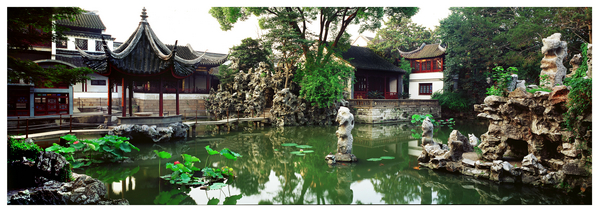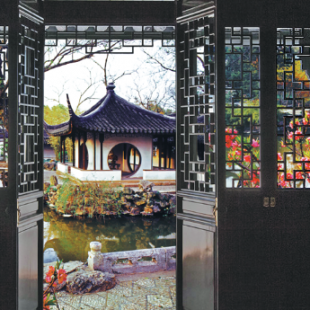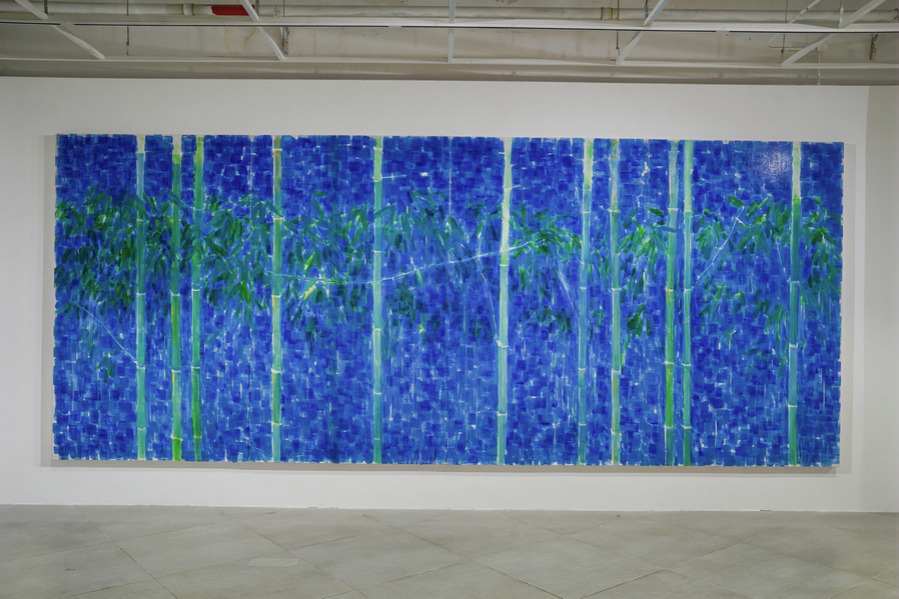Where heritage takes root


Suzhou gardens provide a glimpse into the past and a narrative for the future, Wang Kaihao reports.
Editor's note: China is home to 56 UNESCO World Heritage sites. To find out how these natural and cultural gems still shine and continue to inspire the nation in this new era of development, China Daily is running a series of reports covering 10 groups of selected sites from across the country. In this installment, we welcome readers to the tranquil classical gardens of Suzhou, Jiangsu province.
Shortly after dawn, the 680-year-old Lion Grove Garden wakes up to the sound of chirping birds and its moist air is suffused with a floral scent. Mist has not evaporated. With a view of pavilions and rockeries and a sip of green tea, early visitors to this garden in downtown Suzhou, Jiangsu province, can feel a sense of Zenlike inner peace.
When a group of monks during the Yuan Dynasty (1271-1368) first constructed this garden, they may have just wanted to enjoy a quiet retreat, tucked away from urban noise. Nonetheless, in the following centuries, this enchanting garden-most notable for its waterside rockeries resembling the shape of lions-has attracted a constant stream of celebrity guests, who have left a long list of poems, paintings and historical anecdotes.





































